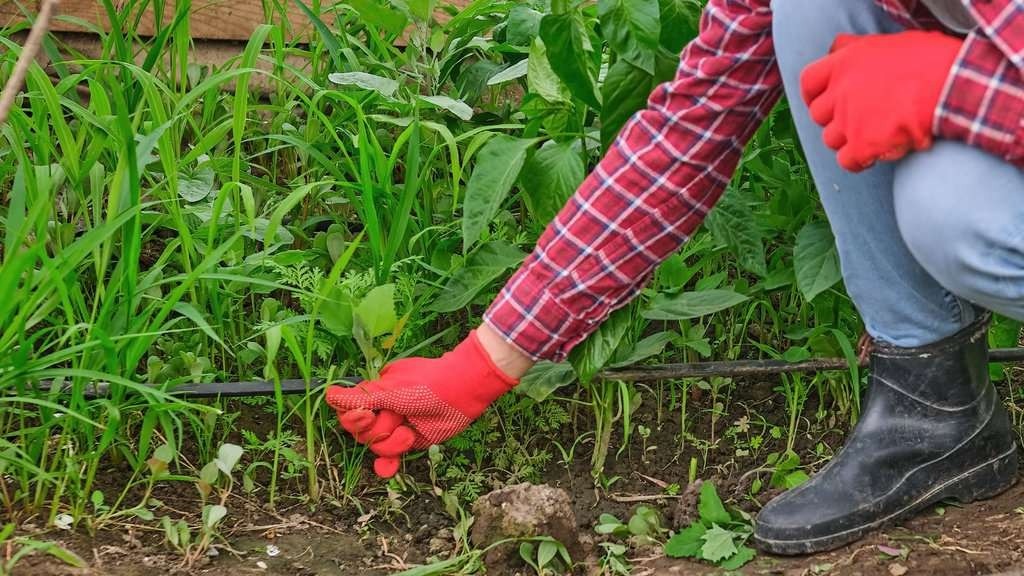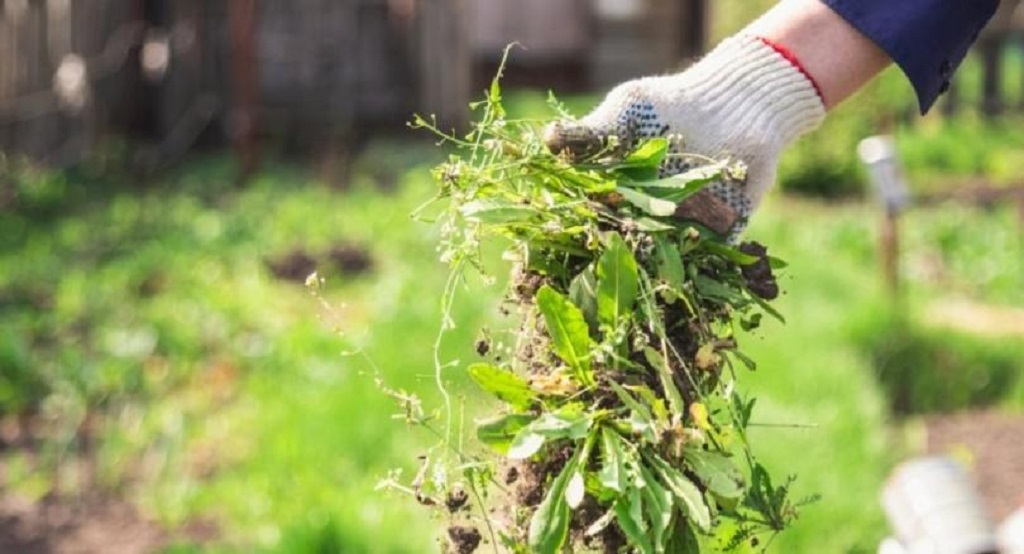
Weeds, those persistent and often unwelcome intruders in our gardens and landscapes, can be a constant source of frustration for even the most seasoned gardener. While chemical herbicides offer quick and seemingly easy solutions, their impact on the environment and human health is undeniable. Fortunately, a wealth of organic and sustainable weed control methods exist, offering effective and eco-friendly alternatives. This article will explore various approaches to battling weeds while preserving the health of our soil, water, and ourselves.
1. Prevention is Key:
The most effective weed control strategy is proactive prevention. By understanding the conditions that favor weed growth, we can minimize their occurrence in the first place.
- Healthy Soil: A healthy soil ecosystem teeming with beneficial microorganisms is less susceptible to weed invasion. Incorporating organic matter such as compost, cover crops, and well-rotted manure improves soil structure, enhances nutrient availability, and encourages the growth of beneficial soil life.
- Mulching: Applying a layer of mulch around plants suppresses weed growth by blocking sunlight and reducing soil moisture. Organic mulches like wood chips, straw, and shredded leaves also enrich the soil as they decompose.
- Proper Plant Spacing: Ensure adequate spacing between plants to minimize competition for light, water, and nutrients. This allows desirable plants to outcompete weeds.
- Timing is Crucial: Timely planting and cultivation can give your desired plants a head start, allowing them to establish themselves before weeds become a problem.
2. Cultural Controls:
Cultural practices can significantly reduce weed pressure.
- Hand Pulling and Hoeing: Hand pulling weeds, especially when they are young and small, is an effective and environmentally friendly method. Hoeing can be used to disrupt young weeds before they establish themselves.
- Cultivation: Shallow cultivation between rows of plants can control emerging weeds. However, be cautious not to damage the roots of your desired plants.
- Cover Cropping: Planting fast-growing cover crops between growing seasons suppresses weeds, improves soil health, and adds organic matter.
3. Biological Controls:
Biological controls utilize natural enemies of weeds to manage their populations.
- Beneficial Insects: Encourage the presence of beneficial insects like ladybugs, lacewings, and parasitic wasps, which prey on many common garden pests, including some weed-eating insects.
- Weed-Eating Animals: Introduce animals like chickens, goats, and sheep to graze on weeds, especially in areas where cultivation is difficult.
Read More Also: The Connection Between Fruit Trees and Mental Well-Being
4. Organic Herbicides:
While the term “organic herbicide” might seem contradictory, there are a few natural substances that can effectively control weeds.
- Vinegar: Diluted vinegar solutions can be effective on some weeds, but it’s crucial to use caution as vinegar can also damage desirable plants.
- Salt: Salt can be used to control weeds in specific areas, such as cracks in sidewalks or driveways. However, be mindful of its impact on surrounding plants and soil.
- Essential Oils: Some essential oils, such as clove oil and tea tree oil, have been shown to have herbicidal properties. However, research and proper dilution are essential before use.
5. Integrated Weed Management (IWM):
The most effective weed control strategies often involve an integrated approach that combines several methods. IWM emphasizes prevention, cultural controls, and the judicious use of organic methods to minimize weed populations while preserving the health of the ecosystem.
FAQ:
Q: Are organic weed control methods always effective?
A: The effectiveness of organic weed control methods can vary depending on the type of weed, the severity of the infestation, and environmental conditions.
Q: How long does it take to see results from organic weed control?
A: Results may vary depending on the method used. Some methods, such as hand pulling and hoeing, provide immediate results, while others, like mulching and cover cropping, may take longer to show significant effects.
Q: Are organic weed control methods safe for pets and children?
A: Most organic weed control methods are generally safer for pets and children than synthetic herbicides. However, it’s always best to research and follow the instructions carefully.
Q: How can I prevent weeds from spreading to other areas of my garden?
A: Regularly inspect your garden for weeds and remove them promptly. Avoid moving soil or plant debris from infested areas to other parts of your garden. Clean your gardening tools after working in infested areas.
Conclusion:
Battling weeds doesn’t have to involve harmful chemicals. By embracing organic and sustainable approaches, we can effectively manage weed populations while preserving the health of our soil, water, and ourselves. By implementing a combination of prevention, cultural controls, and other organic methods, we can create a thriving garden ecosystem where weeds are kept in check naturally. Remember that consistent effort and a proactive approach are key to successful weed management.

